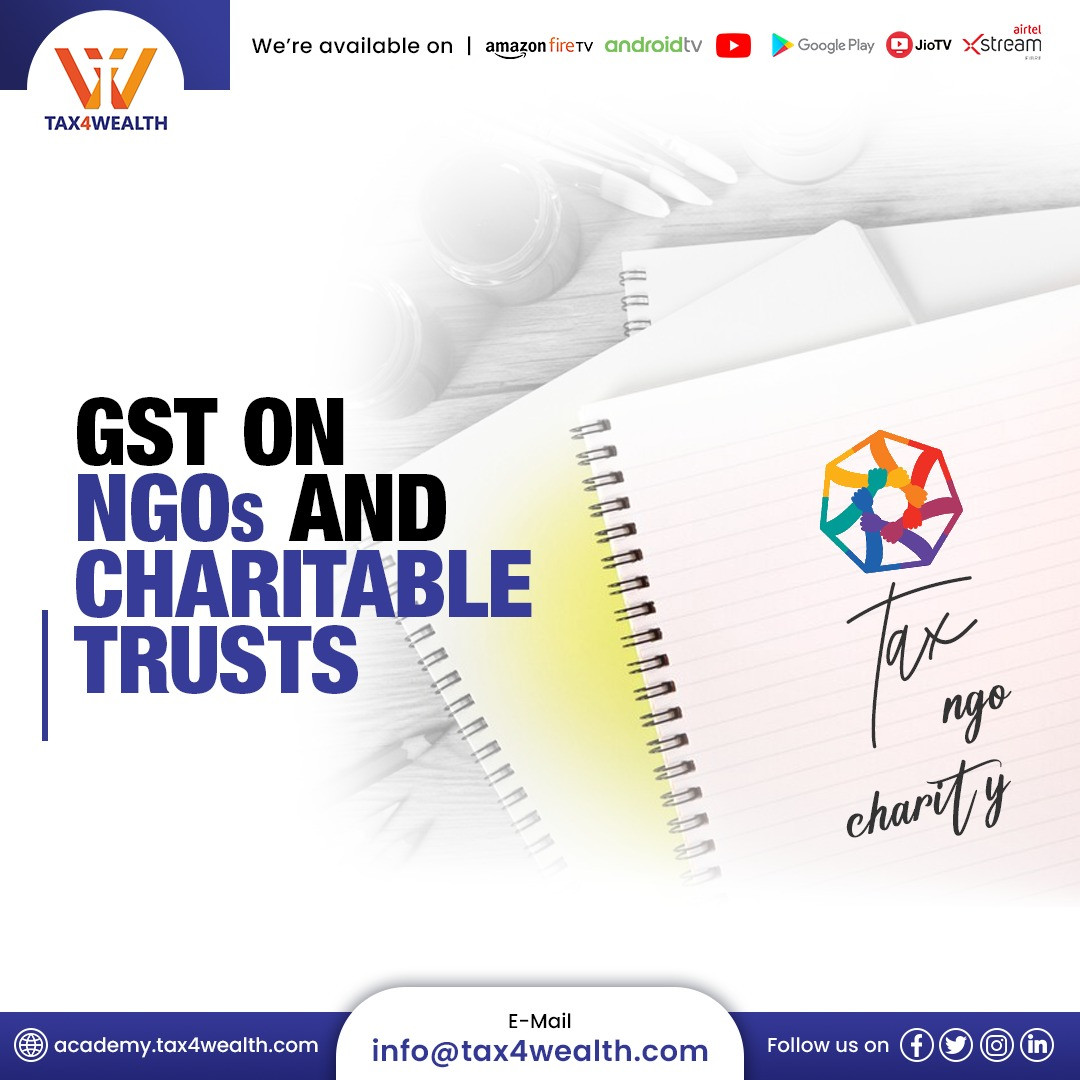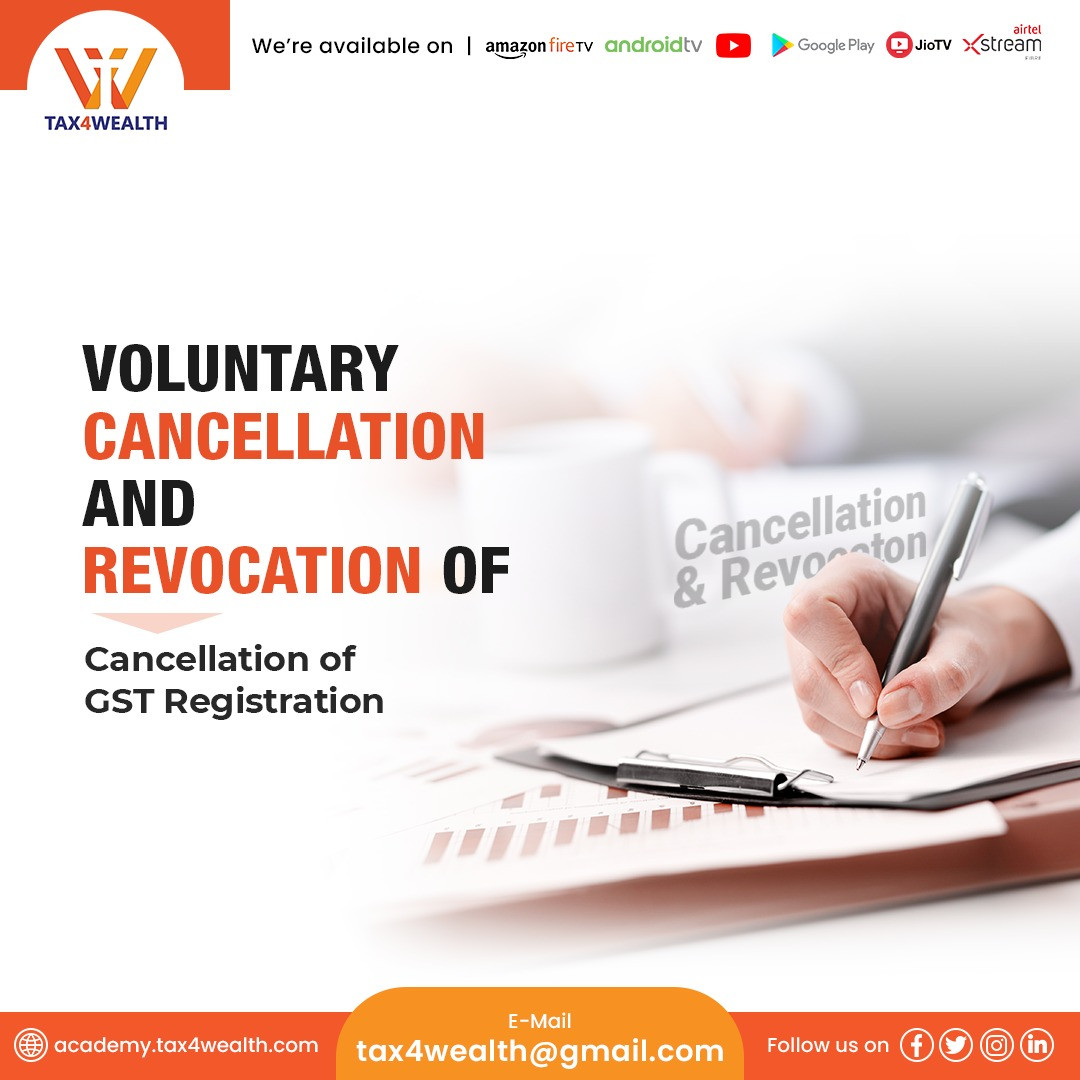
GST on NGOs and Charitable Trusts
We will take a look at the impact of GST’s implementation on NGOs and Charitable trusts. Under the GST law, Charities will be subjected to pay Goods and Services Tax. In other words, GST will be applicable to some of the Goods and Services supplied by a charitable trust or an NGO.
21st December 2021
Schedule II paragraph 7 has been removed and replaced with clause (aa) in Section 7. The provision of goods by unincorporated associations and bodies of persons to their members will therefore be considered a supply.
1st February 2021
Union Budget 2021:
The CGST Act has been amended to include a new definition of supply in section 7. Any activity or transaction in which a person, other than an individual, provides goods or services to a group's members or constituents for cash, deferred payment, or some other valuable consideration. A supply of goods like this would have been considered a supply of goods only under schedule II previously. Therefore, the levy scope has been expanded.
FAQ:
1. Are the events organized by charitable trusts exempt from GST?
Schools, colleges, or other educational institutions run by trusts that cater specifically to abandoned, orphan, homeless children, physically or mentally abused people, prisoners, or those over 65 who live in rural areas are considered charitable activities and the income from such supplies will be tax exempt.
2. Is GST applicable to training programs, camps, and events conducted by a charitable trust?
Training programs, yoga camps, or other programs that are not free for participants will be considered a commercial activities and will therefore be subject to GST. Such an activity will be subject to GST taxation even if a donation is received. The GST will not apply to training or coaching a charitable entity provides in recreational activities related to arts and culture or sports.
3. What about goods sold by a charitable trust?
GST must be paid at the applicable rate by the charitable trust while purchasing the supply.
Related News
No comments yet, Be the first to comment.













